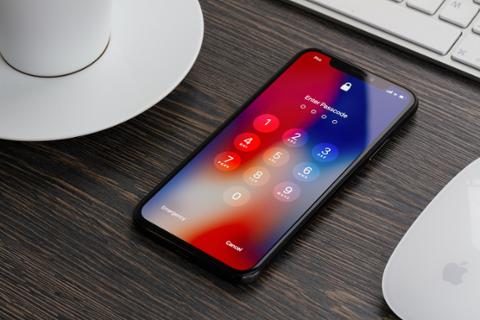Whether or not you’re actively applying for jobs, you know that your application is most likely screened by A.I. software before ending up in the hands of a flesh-and-blood hiring manager. Because of that screening, you know that your cover letter and résumé must include keywords specific to the position you’re applying for; you must also use “strong” words and mirror the job description.
As you might expect, many technologists aren’t comfortable with the idea of A.I. reviewing their job materials. Two years ago, for example, a study by the Pew Research Center found that 57 percent of adults thought automated résumé screening was an “unacceptable” use of algorithmic decision-making, while 67 percent felt that automated video analysis of job interviews was likewise inappropriate.
It’s easy to see why applicants would express such discomfort, considering the much-publicized stories of A.I. displaying bias in hiring. A few years ago, Amazon developed a machine-learning technique for improving its recruiting process—only to see the software begin to prefer male applicants (Amazon canceled the project). Critics have raised similar concerns about other algorithms.
Despite those worries, companies have moved forward with automated scanning of job applications, and with good reason: It saves them time and resources. You might not be able to do anything about software scanning your next job application, but New York City is trying to: A new bill, if enacted, would tell job candidates about a company’s use of automated screening. According to CBS, companies would have to complete “an annual audit to make sure the technology doesn’t result in bias.”
Meanwhile, a letter sent to New York City Council Majority Leader Laurie Cumbo, signed by the New York Civil Liberties Union and other organizations, is asking for that legislation to take even stronger steps, including penalties for biased tools.
Can New York City’s bill pass? If it does, will other cities and states adopt similar measures? That’s a big question, especially as automated screening of hiring materials expands beyond text scans to chatbots and other A.I. tools and techniques; it’s often difficult for the law to stay ahead of such a complex evolution. (There’s a bill currently drifting around the U.S. House of Representatives, for example, that will require companies to monitor their automated hiring systems, but bills in Congress have a way of dying.)
In the meantime, there are ways to survive an A.I.-powered screening. As we mentioned before, if there’s a skill mentioned in the job description, make sure you include it in your application materials (provided you know it, of course). “For your résumé to pass, you need to meet 75 percent (or more) of what the description is asking for,” Marie Zimenoff, CEO of Résumé Writing Academy, told Dice about these automated screeners. By the same token, it’s also important not to overstuff your application with keywords, as software can pick up when you’re “keyword stuffing” and needlessly repeating words and phrases.
Strong words such as “leadership” and “collaborate” are also important, especially if your application makes it past the automated screeners and into the hands of an HR professional. Soft skills such as communication and empathy are just as vital as technical ones, and you need to show how you can be a dynamic, collaborative team member.
In addition, HR software will scrape social-media profiles for information on you, so make sure that your online data is up-to-date and presents you in your best professional light. As we approach the end of the year, it’s a good time to review your profiles and update as appropriate, especially if it’s been awhile since you’ve listed recent jobs and projects.
Just keep in mind: No matter what the state of application-screening automation (and the laws surrounding it), you can’t lose if you tailor your résumé to individual positions, while placing your skills and experience in the best possible light.



